Леди Чаттерлей (2006) Online
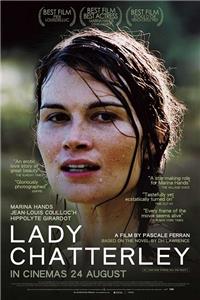
Sir Clifford has returned from the Great War to his estate near Sheffield, paralyzed from the waist down. Lady Constance, his young wife, cares for him, but she's lifeless, enervated. Her physician prescribes the open air, and she finds a quiet retreat at the hut - the workplace - of Parkin, the estate's gamekeeper. The rhythms of nature awaken Connie - daffodils, pheasant chicks - and soon she and Parkin become lovers. She's now radiant. Parkin, too, opens up. Class distinctions and gender roles may be barriers to the affair becoming more. Connie's trip to France, with her father and sister, bring the lovers to a nuanced resolution.
| Cast overview, first billed only: | |||
| Marina Hands | - | Constance | |
| Jean-Louis Coulloc'h | - | Parkin | |
| Hippolyte Girardot | - | Sir Clifford Chatterley | |
| Hélène Alexandridis | - | Mrs. Bolton | |
| Hélène Fillières | - | Hilda | |
| Bernard Verley | - | Sir Malcolm | |
| Sava Lolov | - | Tommy Dukes | |
| Jean-Baptiste Montagut | - | Harry Winterslow | |
| Fanny Deleuze | - | Tante Eva | |
| Michel Vincent | - | Marshall | |
| Colette Philippe | - | Mrs. Marshall | |
| Christelle Hes | - | Kate | |
| Jade Bouchard | - | La jeune bonne | |
| Joël Vandael | - | Field, le chauffeur | |
| Jacques De Bock | - | Le médecin (as Jacques de Bock) |
Director Pascale Ferran scheduled six weeks of intensive rehearsal to help put the actors at ease with each other in preparation for the explicit scenes.
This movie is based on an alternate draft of D.H. Lawrence's novel unpublished until after his death, hence why the game keeper is called "Parkin" instead of "Mellors".

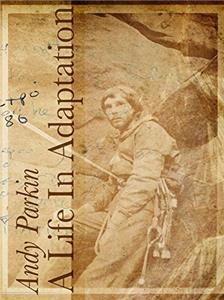
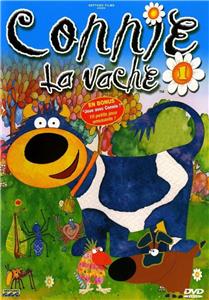
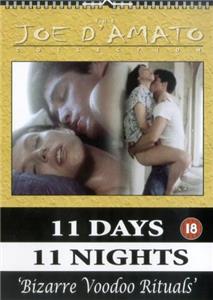


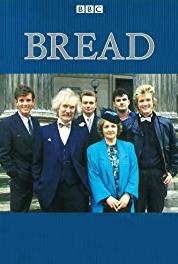
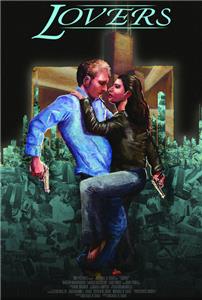
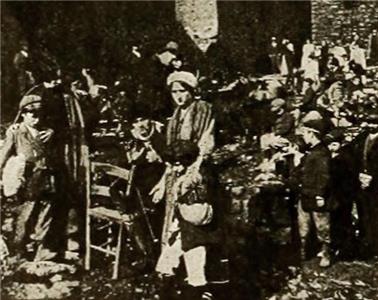
User reviews